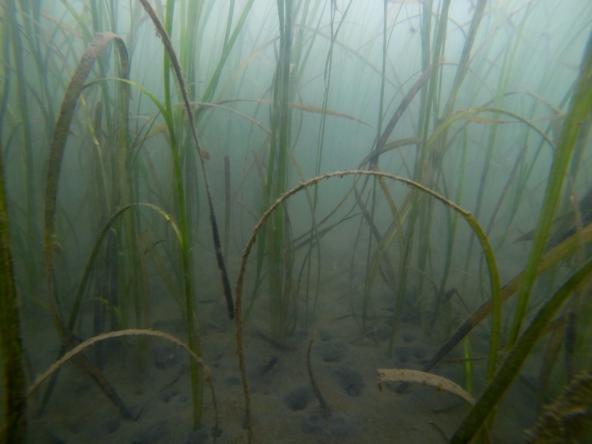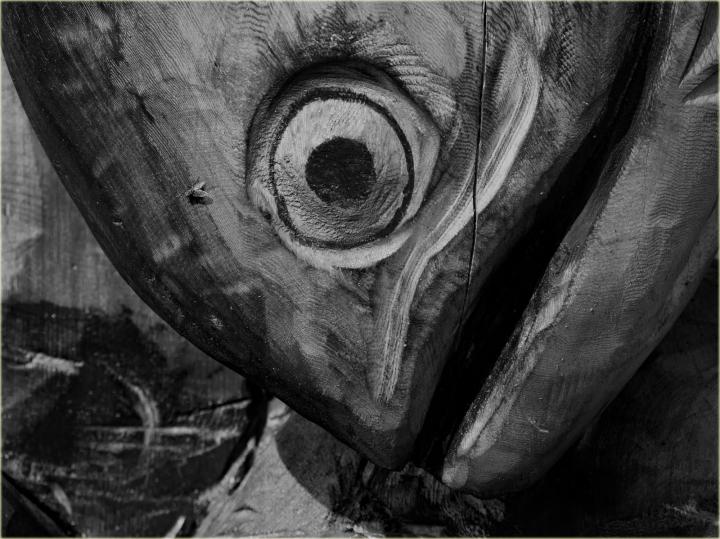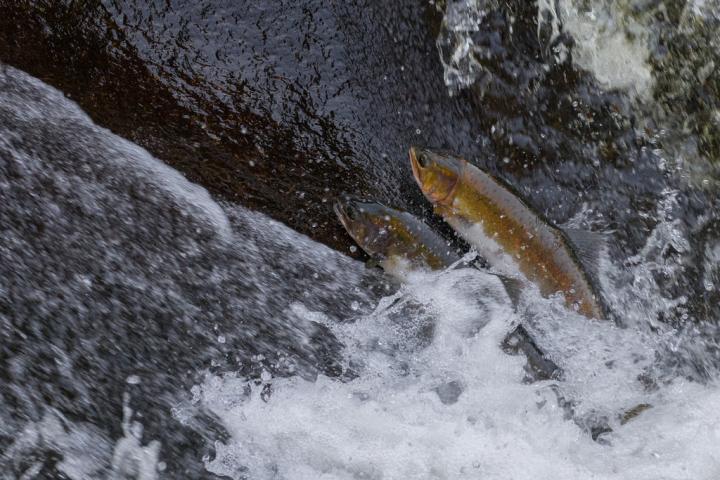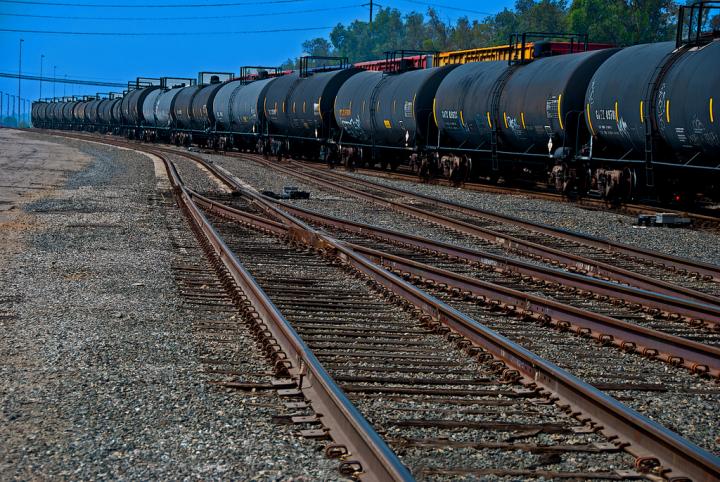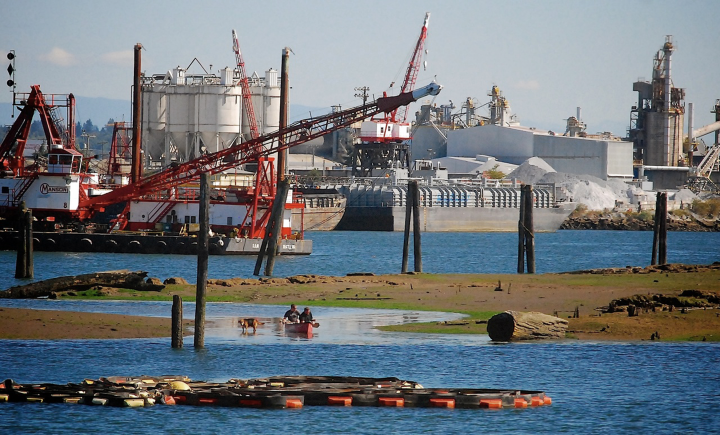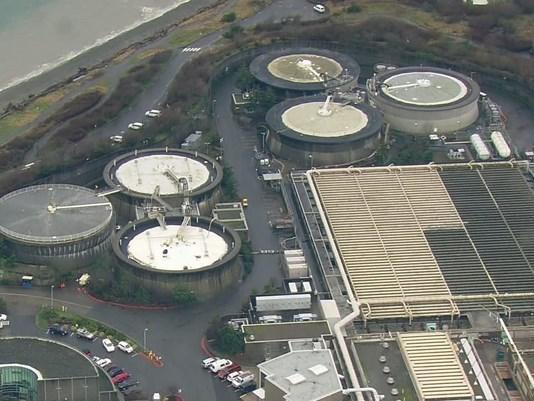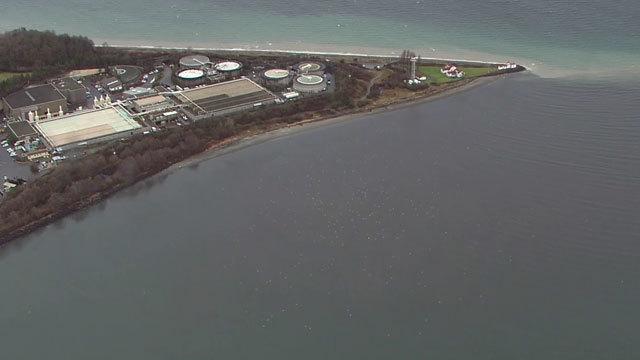In Puget Sound’s Seagrass Habitats, Ocean Acidification Threatens Dungeness Crabs
In a study this last April by Pacella et al., the authors projected the rise of carbon dioxide (CO2) in seagrass environments is about twice the projected rate of change in the open ocean. This indicates that these habitats and estuaries in general may be especially sensitive to ocean acidification. But what is ocean acidification?
